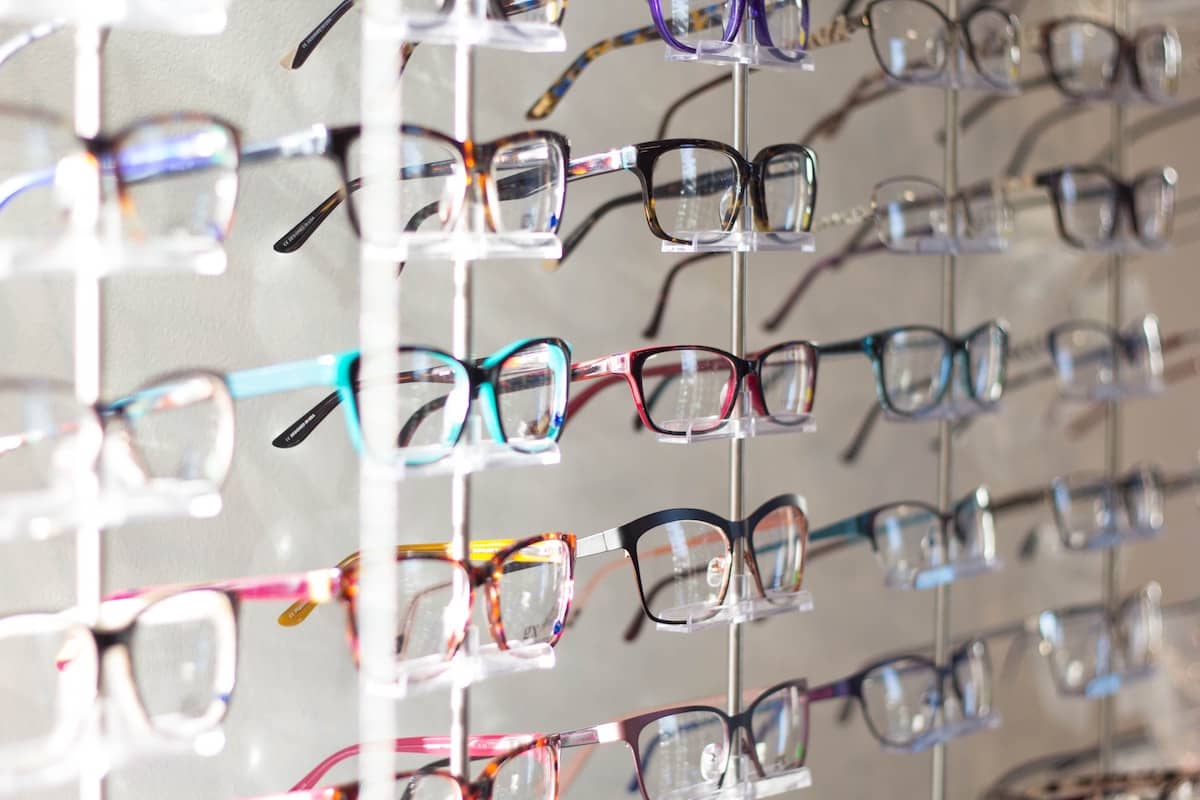Vision Correction
Mountain View Vision provides treatment, consultation and referrals for these common vision correction surgeries and procedures.
“Vision correction” is a general term used to describe a variety of optometric techniques for correcting less-than-perfect vision. Below some common techniques are detailed:
LASIK
LASIK (Laser-Assisted in Situ Keratomileusis) uses a laser beam to reshape the cornea. Patients who are nearsighted, farsighted or astigmatic may benefit from this type of procedure. The doctors at Mountain View Vision can thoroughly examine your eyes to determine if you are a good candidate for LASIK or other types of vision correction (such as PRK).
Corneal Reshaping (Orthokeratology)
Orthokeratology is a procedure for correcting myopia (nearsightedness) and mild astigmatism by gently reshaping the cornea with special contact lenses, which the patient places in his or her eyes overnight. When successful, patients will experience clear vision during the day without contact lenses or eyeglasses.
Low Vision Therapy
Low vision is a general term that refers to a partial loss of vision that cannot be adequately corrected with eyeglasses, contact lenses, medications or surgery. Common causes of low vision include macular degeneration, diabetic retinopathy, inherited retinal degenerative diseases, glaucoma and optic nerve atrophy.
Low vision therapy typically includes an evaluation of the patient’s visual abilities, prescription of low vision devices and training in their use. The goal is to maximize the use of the patient’s available vision for reading, writing, hobbies and work-related tasks such as working at a computer.
